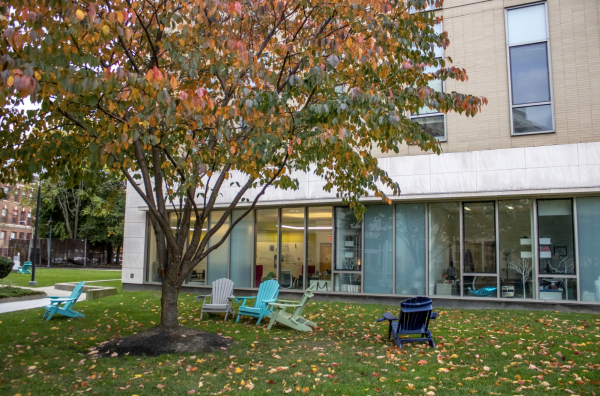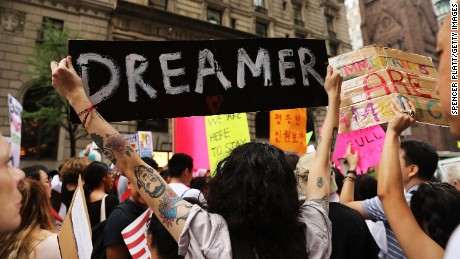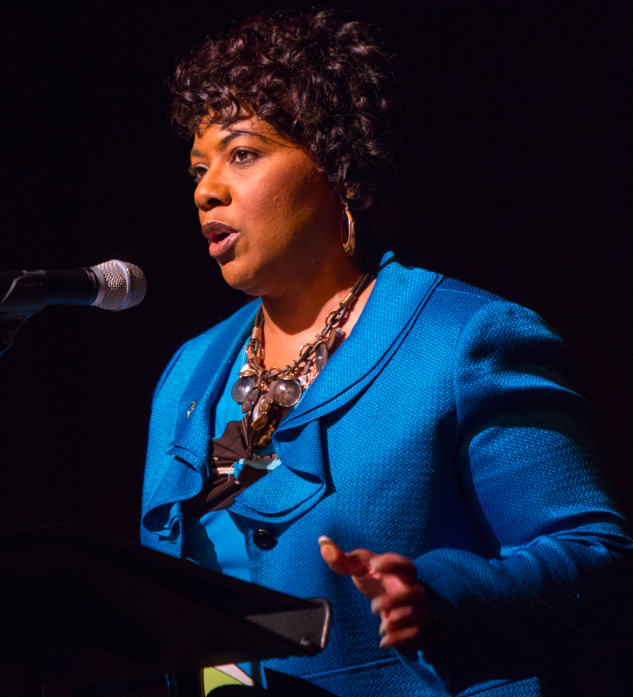By Rubby Wuabu
Contributing Writer
JOHANNESBURG, SOUTH AFRICA—“We cannot be the same,” Commission for Gender Equality CEO Keketso Maema told a group of visiting Simmons students. “We need a culture of acceptance. Our aim is to create a society where no one will be discriminated against.”
The commission was set up under the post-apartheid Constitution to monitor progress toward gender equality throughout South Africa. It investigates reported cases of discrimination, reports its findings, and lobbies for new legislation when needed. It also reviews government policies to make sure they are in accord with the bill of rights and with international treaties on gender issues.
“We don’t just point out what’s wrong, but also work with the government to take care of issues of gender,” said Maema. The commission also takes up issues of its own accord.
The commission has legal, educational, and research departments, as well as a parliamentary unit and an advocacy and outreach unit. Each year it identifies research areas based on the burning issues at that time.
One area of interest is the growing problem in Ukuthwala—forced marriage of girls age 10 to 11 to older men. This is a violation of these girls’ rights, said Maema.
The commission works to discourage such practices, although this gets complicated when it comes up against traditional practices that may have strong support in local communities. But it is the law of the land, she said, it is the commission’s job not only to discourage these practices but to work to change people’s perspectives on them.
The gender commission has the power to summon individuals, organizations and even government agencies for answers when gender violations are occurring, but it cannot follow up every individual violation, said Maema. Nevertheless, commission members try to address them as best they can while focusing on the big picture.
The commission is present in all nine provinces with a total staff of 100 people, Maema said. A typical commission office has a manager, a legal advisor, an educator, a communications specialist, a human resources person, a finance advisor and an IT expert.
It uses the media to educate the public in workshops, meeting one on one with victims and violators to determine the best way to solve issues. Through gender education, it tackles problems at their roots, she said.
“Who told you a boy child has to buy blue clothes and a girl child pink clothes?” asked Javu Baloyi, the commission’s official spokesperson. “This teaches at a very young age that there are differences between the sexes, creating different expectations for men and women.”
The commission works on any issues where gender plays a role, from gender-based violence and HIV/AIDS to energy distribution. It also has a national “missionary” that determines the effectiveness of the commission’s initiatives, and it assesses legislation on gender, like the Promotion and Prevention of Unfair Discrimination Act of 2000, to make sure it is effective.
“More women come in than men, almost as if it’s a women’s only organization,” said Javu, who attributed this to the fact that in the African tradition the man is supposed to be the strongest and the head of the household. Thus, a man who is abused is seen as weak; to prevent others from knowing about this, most male victims do not reach out for help.
“However, we have created an environment where men and women alike are welcomed to file complaints and to seek out help,” said Maema.
“It is all about changing people’s perception,” said Maema. “We know that part of solving issues of gender is to include both men and women in the dialogue, which is what we have been working on.”













